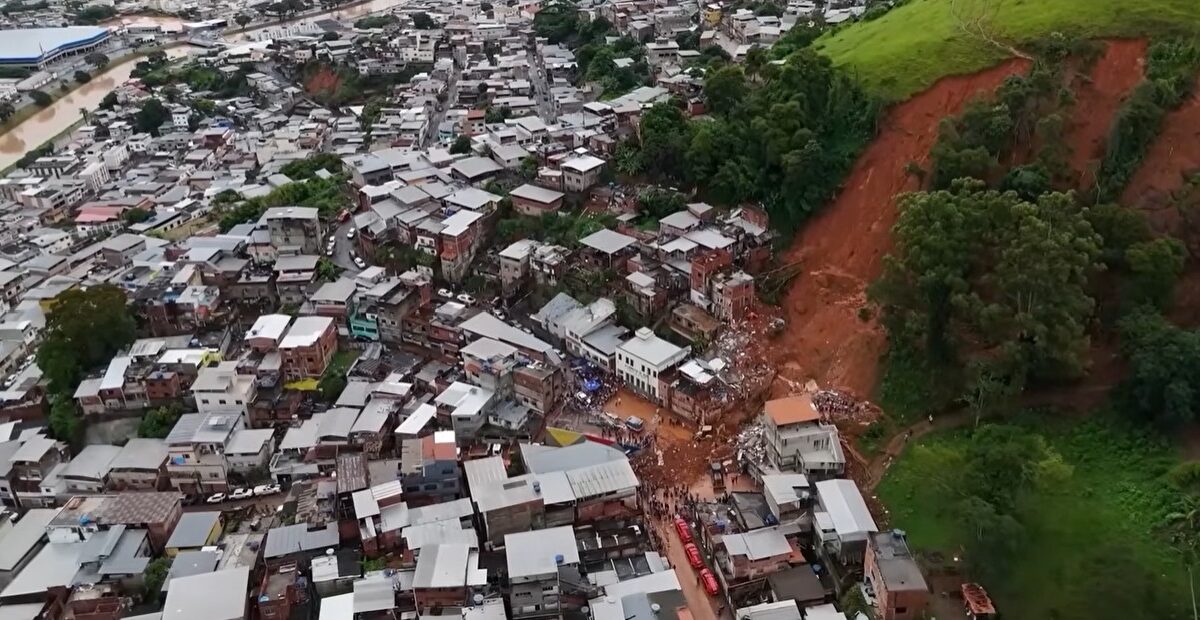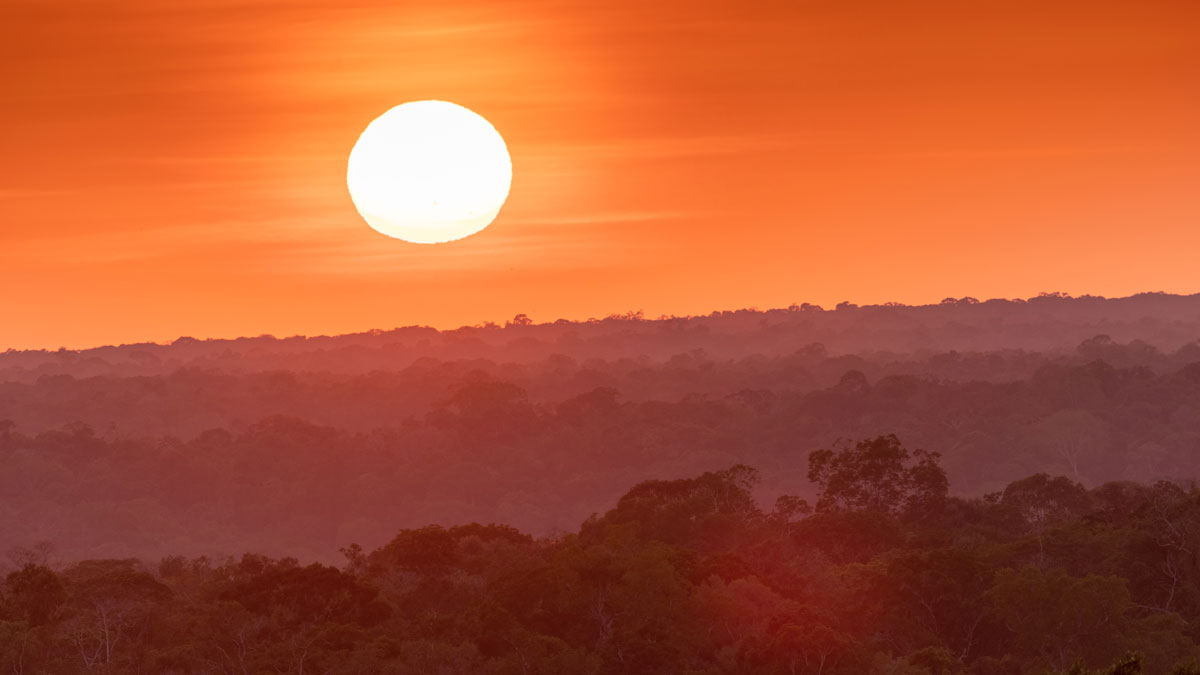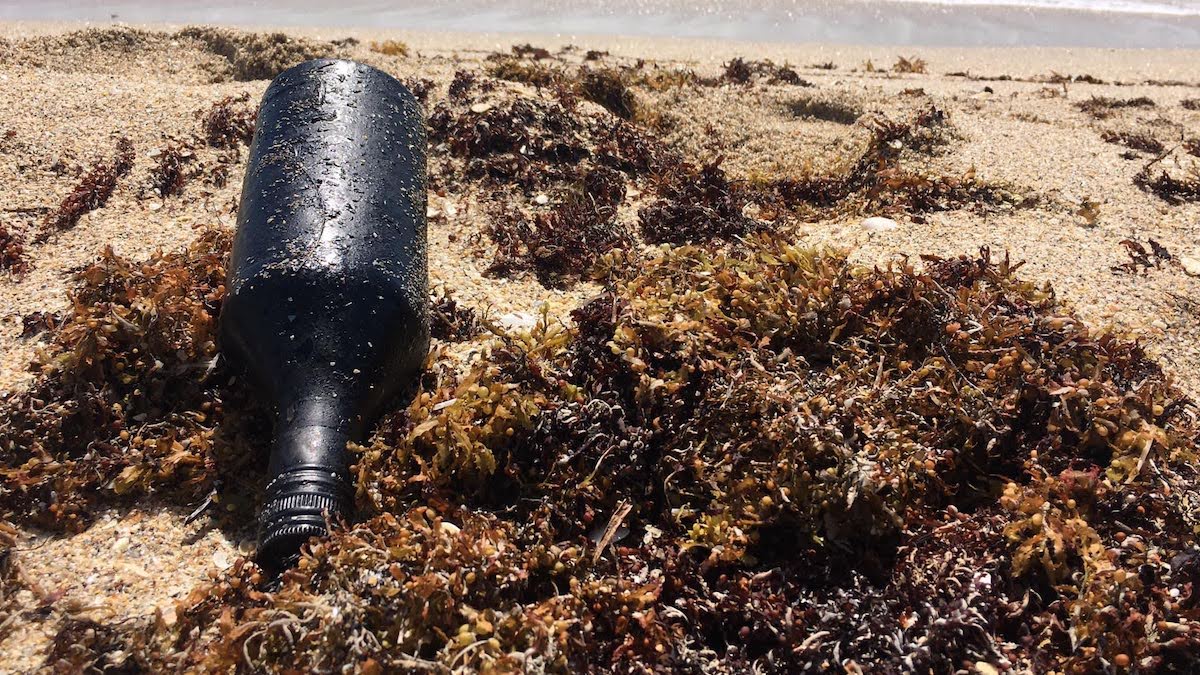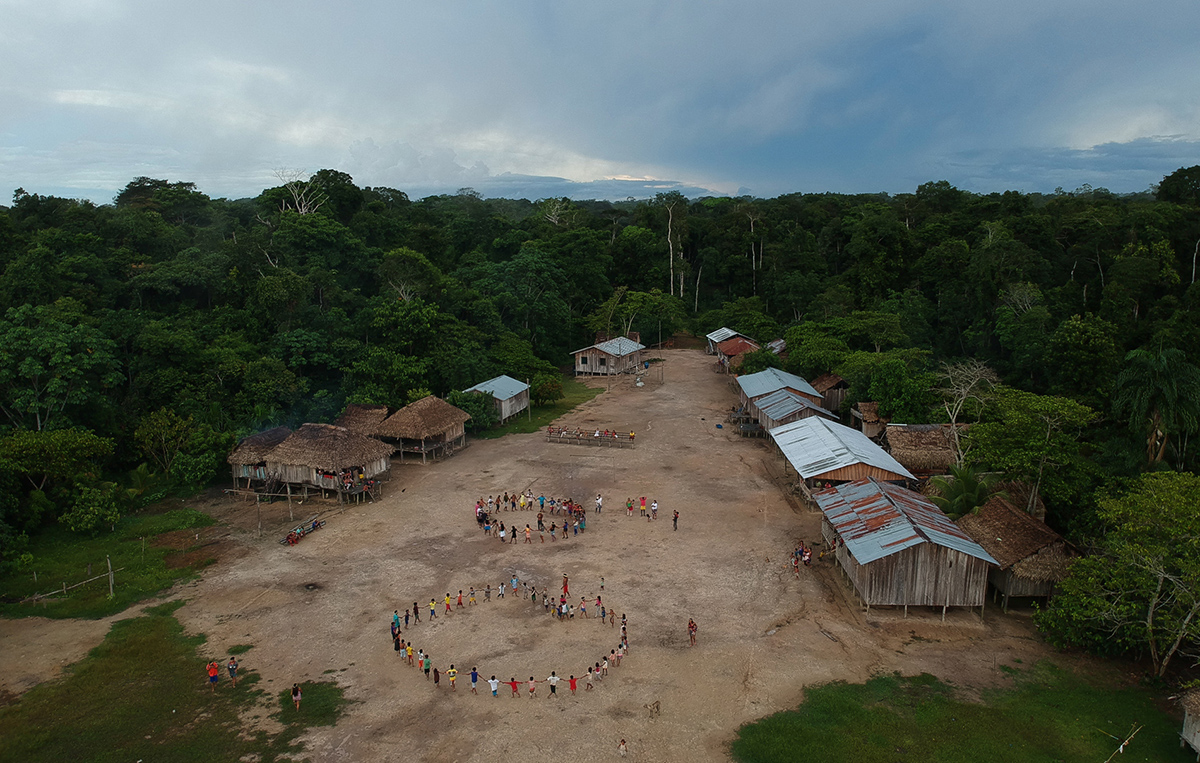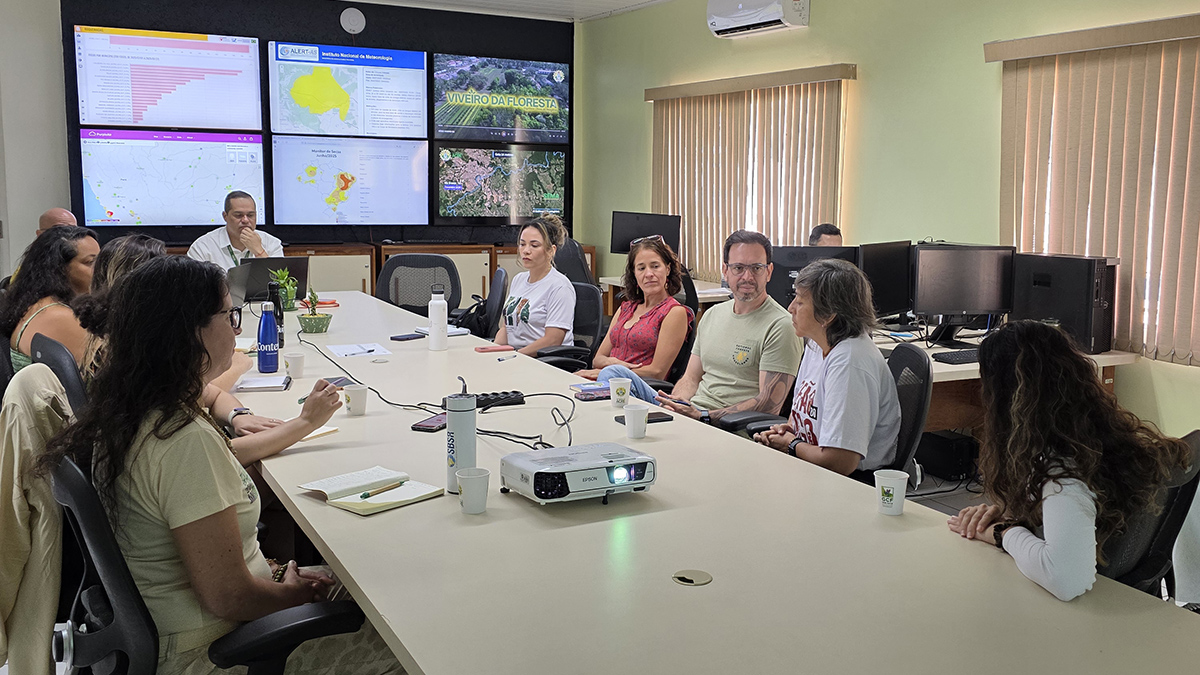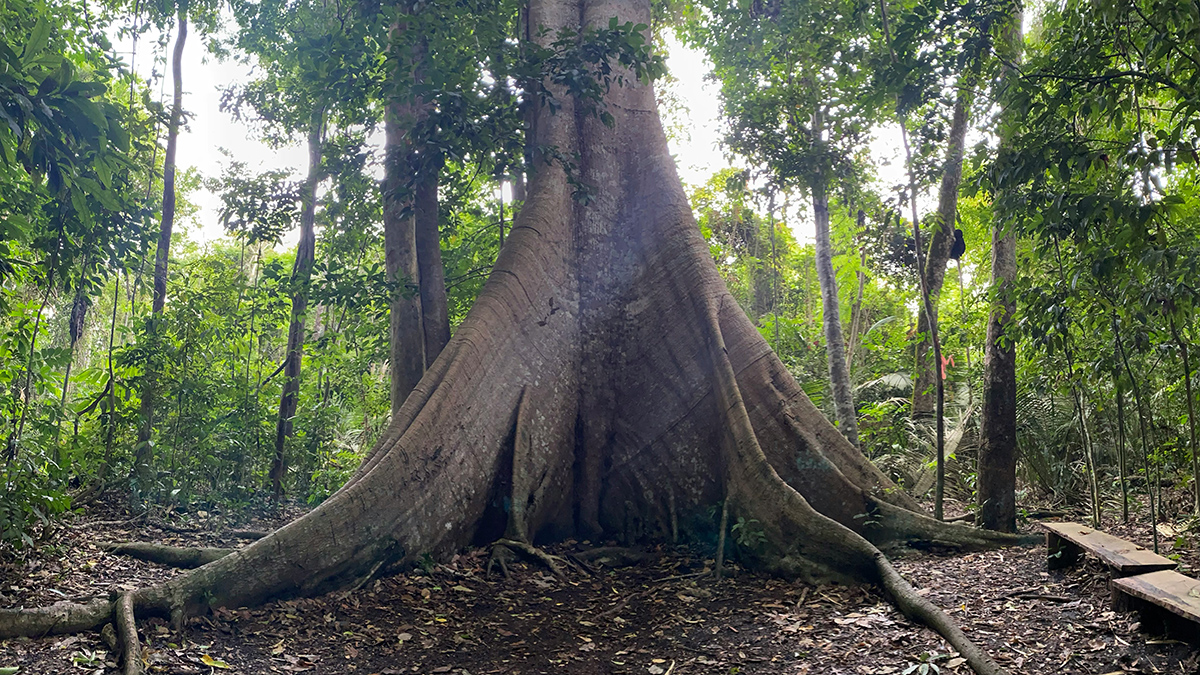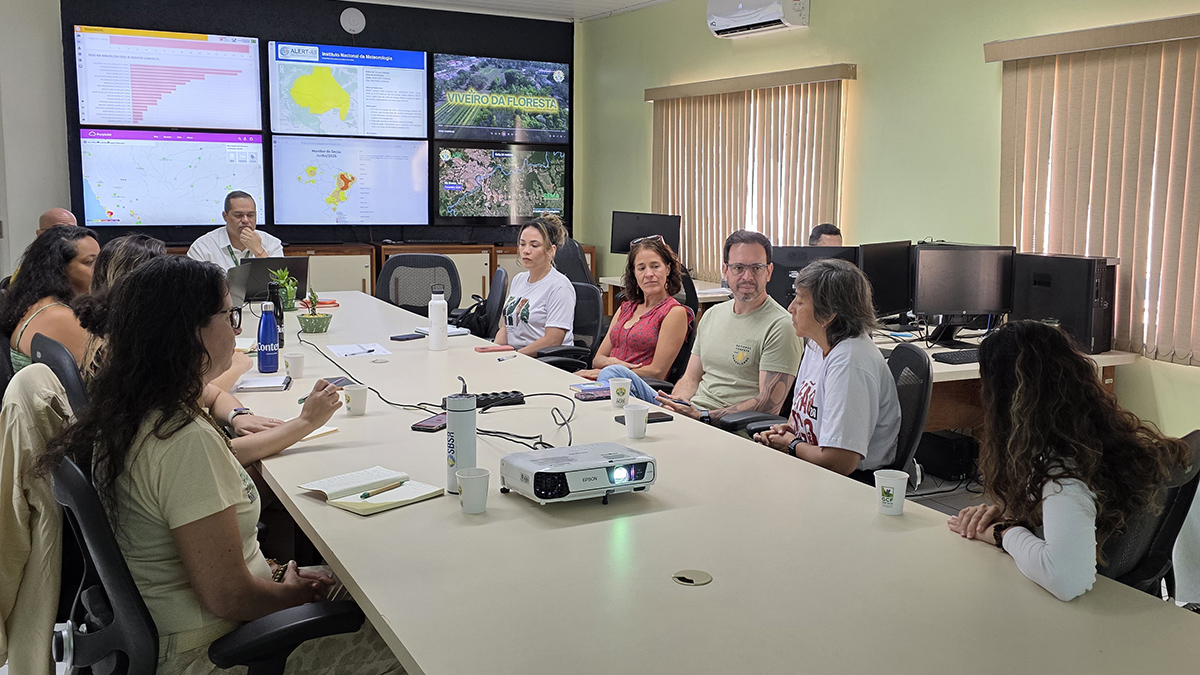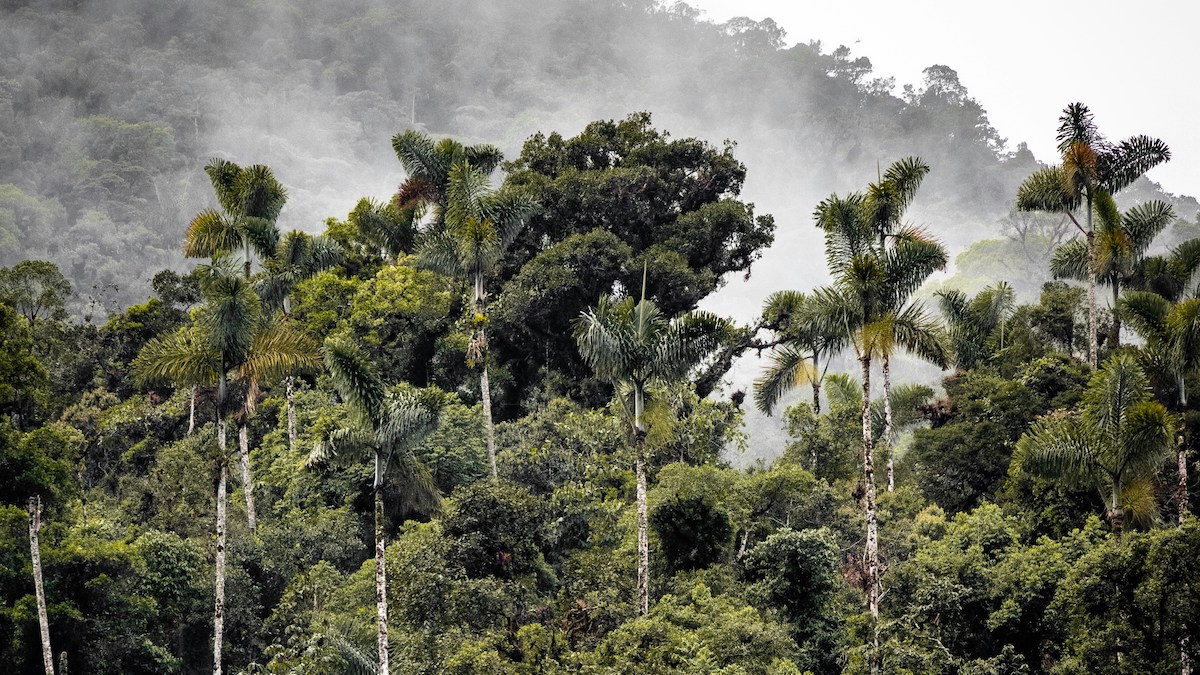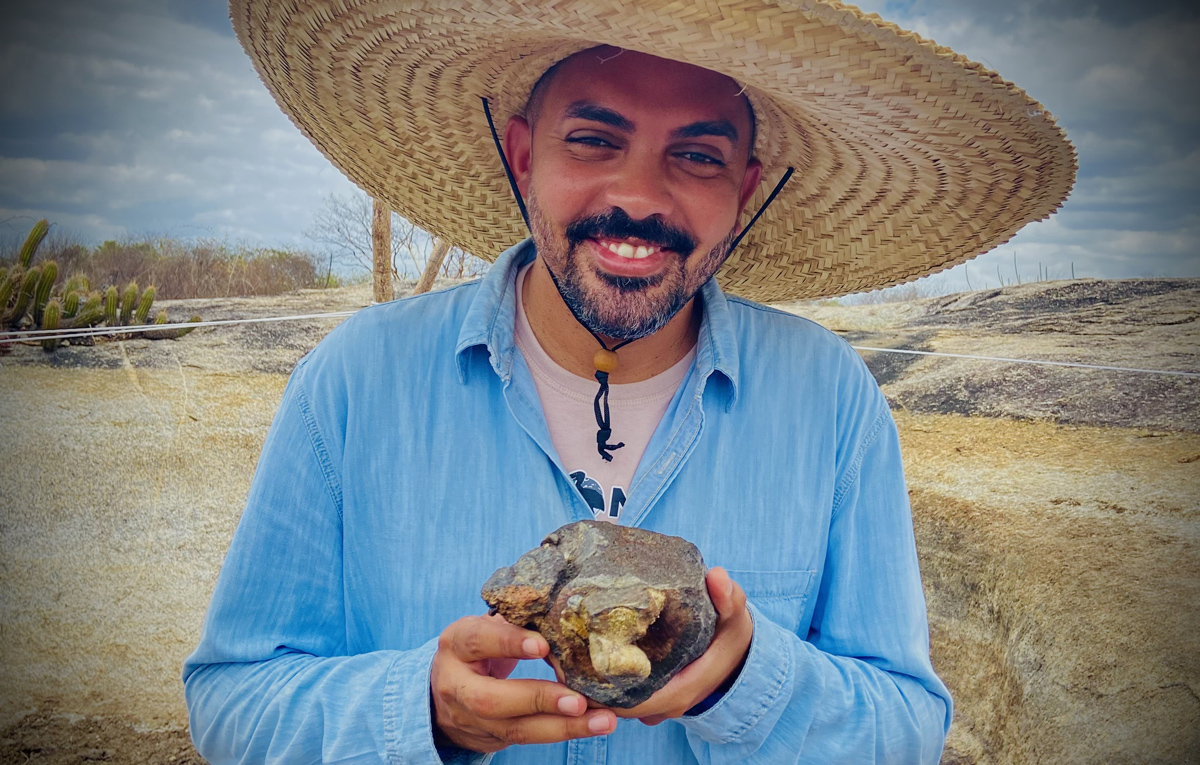Heavy rainfall in the Zona da Mata area of Brazil has triggered multiple landslides. Over 50 people have been killed. Over the period of 23 and 24 February 2026, extremely intense rainfall struck the Zona da Mata area of Minas Gerais (MG), Brazil, triggering landslides and flooding. The most seriously affected area was the city […]
Brazil
Drought Drove the Amazon’s 2023 Switch to a Carbon Source
The change was caused by thirsty vegetation taking up less carbon than normal, not by the year’s extended fire season, new research shows.
Plastic Debris Helps Oil Residues Reach Farther Across the Ocean
Scientists matched oil residues found in Florida to a Brazilian spill thousands of miles away.
Fire Encroaches on One of the Amazon’s Most Pristine Indigenous Lands
New research shows how recurring wildfires in the buffer zones around Brazil’s Vale do Javari may undermine one of the Amazon’s last great refuges for isolated Indigenous peoples.
En algunas partes de la Amazonia brasileña, la ciencia lidera la lucha contra los incendios forestales
El estado de Acre utiliza la ciencia para optimizar sus limitados recursos para monitorear y combatir los incendios forestales y la destrucción ambiental.
As CO2 Levels Rise, Old Amazon Trees Are Getting Bigger
New data show resilience among the rainforest’s giants, though scientists warn that nutrient limits and rising heat could end the trend.
In Parts of the Brazilian Amazon, Science Leads the Fight Against Forest Fire
The state of Acre counts on science to optimize its limited resources for monitoring and combating forest fires and environmental destruction.
Living Near an Indigenous Forest Could Reduce the Risk of Disease
An analysis of 20 years of health data in eight Amazonian countries, published today in Communications Earth and Environment, shows that protecting Indigenous-managed forests may help reduce various kinds of disease, including fire-related respiratory diseases and illnesses spread by animals.
Susanne Maciel: Marrying Mathematics and Geology
A geophysicist brings math down to Earth and reaches a rural audience.
Hermínio Ismael de Araújo Júnior: Savvy Planning Can Get You Far
The biologist turned paleontologist has been organized and nimble, and he jumped at opportunities as they arose.

